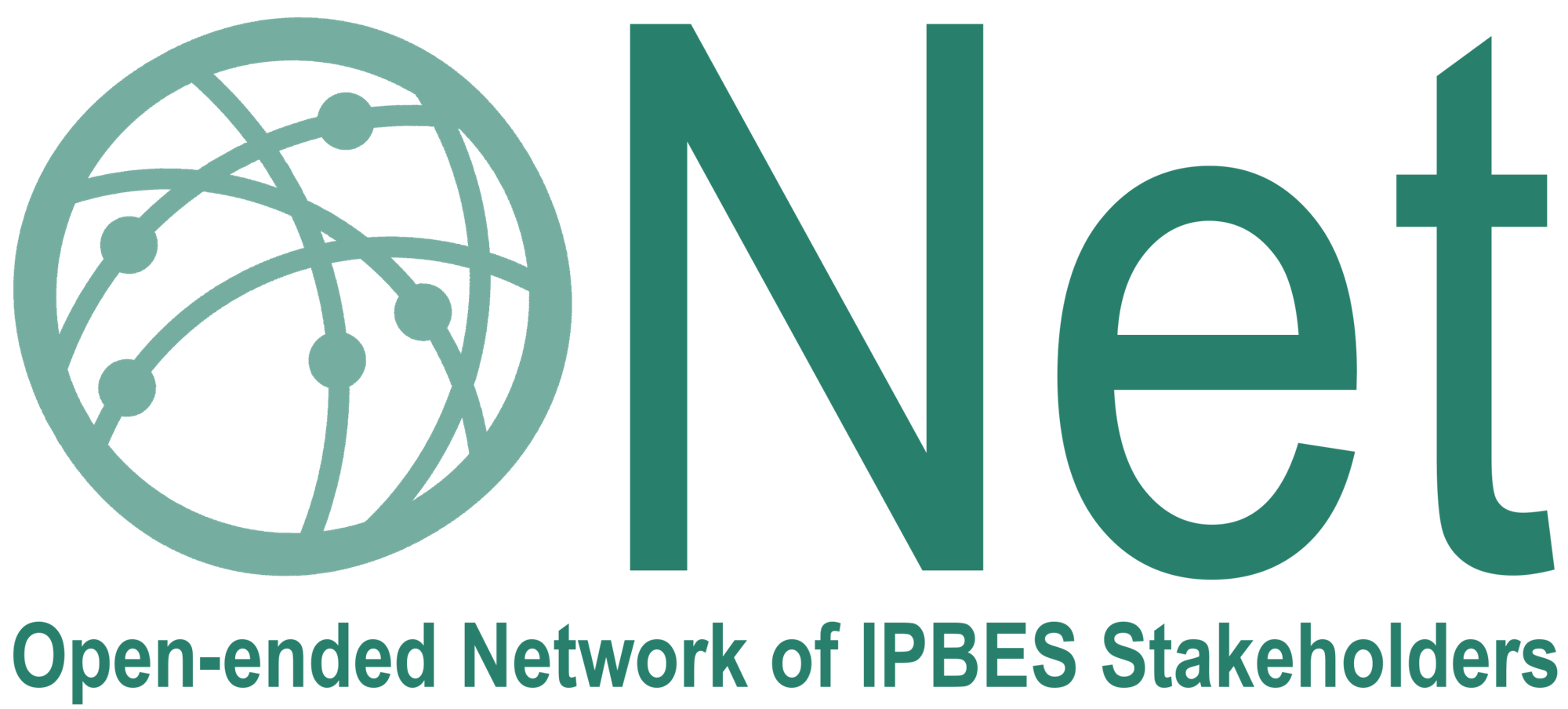Meet the Communities of Practice engaging with IPBES: you are invited to join
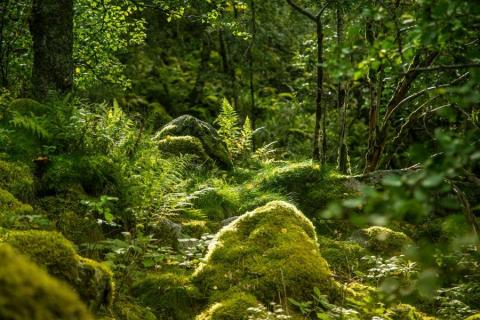
Last updated 11 June 2025
Since 2020, experts, knowledge–holders and policymakers have come together in Communities of Practice engaging with IPBES: facilitating access to expertise and information on a specific topic or focus area. Keep reading to learn more about these welcoming groups and flexible opportunities to join the IPBES ecosystem in your area of work.
„Communities of Practice are especially well–placed to strengthen the work of IPBES, and the science–policy interface, on specific topics.“ ~ Dr. Anne Larigauderie, IPBES Executive Secretary
Which Communities of Practice can I join?
If you want to join any one of the listed groups, please follow their links to contact them directly.
The Social Science and Humanities Network
Diversifying expertise at IPBES.
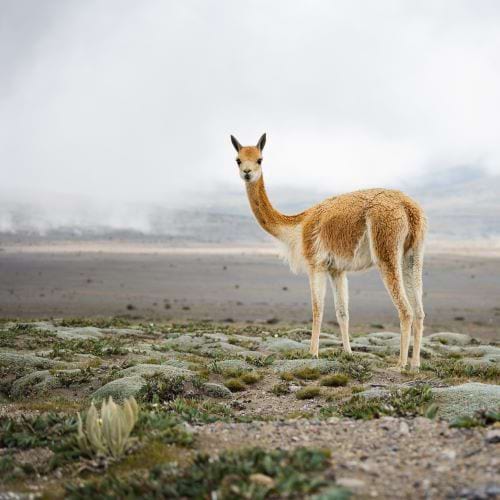
The SSH Network enhances the contributions of the social sciences and humanities (SSH) in IPBES. It aims to:
- Engage a broader spectrum of SSH disciplines and approaches in IPBES.
- Attract more SSH expert nominations for IPBES.
- Help SSH scholars engage with IPBES in other ways.
- Improve how SSH knowledge and perspectives are integrated in IPBES: in structures, processes and outputs.
- Provide a place to meet for SSH scholars interested in, engaged in or studying IPBES.
To date, the SSH Network has been hosting a regular webinar series and several workshops, while its members have jointly authored a number of prominent papers.
The network was founded in 2020, as the first Community of Practice engaging with IPBES: to strive for balance between disciplines in the platform. It is now a well-established member organization and sub-group of ONet.
It is led by Håkon B. Stokland. Further team members include Håkon Aspøy, Paulina Karimova and Thomas Edward Sutcliffe. The Network receives support from the Norwegian Institute for Nature Research (NINA).
This section's photograph shows a vicuña (Vicugna vicugna), a species that produces luxurious wool. The wool is sustainably harvested mainly by extremely low–income Indigenous communities. The IPBES Sustainable Use Assessment highlights the need for new ways of trade that add local value, informed by social sciences and humanities research.
>> Visit the SSH Network webpages
>> Apply to join the SSH Network
The Community of Practice on the Nature Futures Framework
Building on IPBES methodology.
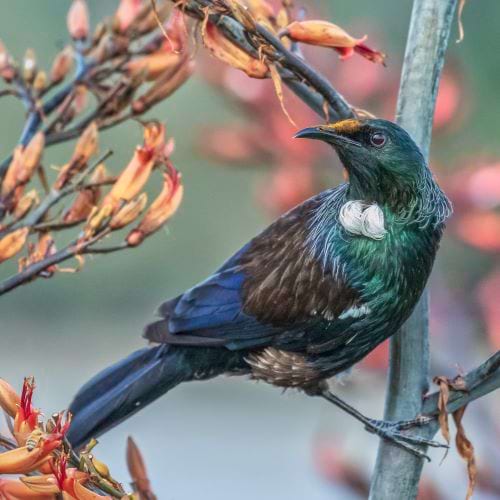
This Community of Practice supports the development and practical application of the Nature Futures Framework (NFF): for real–world planning and decision–making.
This framework is a flexible tool that supports the development of scenarios and models of desirable futures for people, nature and Mother Earth. For more information, you may be interested in a recent joint webinar by members of the Community of Practice and YESS, an ONet member organisation: watch the webinar here.
An IPBES Expert Group developed the NFF from 2016 to 2019, to address limitations of existing scenario approaches. It is a heuristic tool to develop nature-centric scenarios that address the diversity of human–nature relationships.
The Nature Futures Framework Community of Practice was ultimately formalised in 2024. To date, it has over 100 members in its new database. The group is community–led and open to all: to share work, discuss and collaborate.
Contact persons for the community at the IPBES Task Force on Scenarios and Models include Laura Pereira and Sakshi Rana.
This section's photograph shows a Tūī (Prosthemadera novaeseelandiae). Diprose et al. (2022) used the NFF to make visible the diverse values around nature expressed and fostered through the New Zealand Garden Bird Survey. See the community's website for more example applications.
>> Visit the NFF community's website
>> Apply to join the NFF community (in case of any questions, email the community)
Seeds for Tomorrow (seeds4tomorrow)
Filling a knowledge gap at IPBES in crop biodiversity
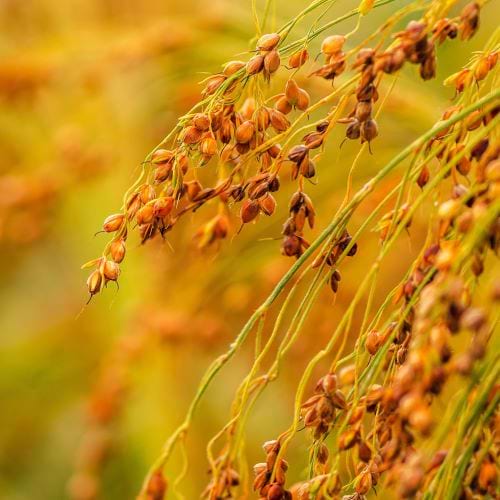
IPBES systematically identifies and catalogues knowledge gaps identified in its assessments. They are published in a database and IPBES has called for ideas as to how we might fill them. The new Community of Practice on crop (bio)diversity is exploring ways in which such a knowledge gap might be holistically addressed.
The IPBES Global Assessment concluded that "globally, local varieties and breeds of domesticated plants and animals are disappearing. This loss of diversity, including genetic diversity, poses a serious risk to global food security [...]" It also identified a relevant knowledge gap. Agriculture is further a major contributor to biodiversity loss, while agroecosystems are among the largest by land area.
This community strives to
- compile relevant IPBES findings and foster their uptake, at the intersection of biodiversity and agriculture.
- provide latest insights to the ongoing IPBES work programme, especially assessments.
- undertake further work, drawing on IPBES methodology.
As of March 2025, the community is co-led by Franziska Fischer (ONet), Matthew Davies (University of Cambridge), Luigi Guarino (Crop Trust), and Maysoun Mustafa (IPBES Fellow for the Nexus assessment). It has received start-up funding from the Policy Support Fund allocated to the University of Cambridge by Research England.
This section's photograph shows proso millet (Panicum miliaceum). The IPBES Global Assessment notes the role of millets in Asian and African agriculture. Despite their dietary benefits, traditional cereals are displaced by high–yielding crops like rice, wheat and maize.
>> Visit the Seeds for Tomorrow's website for opportunities to subscribe and join
>> Download the IPBES 11 poster series on Communities of Practice (3.6 MB)
What are Communities of Practice?
In the context of IPBES, Communities of Practice are self–organised groups. They contribute to the IPBES work programme and also increase the reach and impact of IPBES outputs. These groups might:
- Raise awareness and build capacity on topics relevant to IPBES.
- Organize uptake events for IPBES publications.
- Address knowledge gaps identified by IPBES.
- Provide information and data for IPBES assessments.
- Identify and nominate IPBES experts.
- Coordinate activities related to the wider biodiversity agenda, like ecosystem assessments.
In 2024, the Task Force and the TSU for Capacity Building reported to the IPBES 11 Plenary that they are exploring further Communities of Practice together with experts for approved IPBES assessments: in future there may be a community on diverse values and valuation, and discussions on a community for invasive alien species are in their early stages. However, whether these communities will be established depends on interest and demand among potential members (IPBES/11/INF/13).
How does IPBES recognise Communities of Practice?
Communities of practice enjoy high-level and wide-ranging support within IPBES. They are part of the platform's work in building capacity for biodiversity and nature's contributions to people, according to a decision by the IPBES Plenary in 2019 (Decision IPBES-7/1).
By 2020, the Multidisciplinary Expert Panel and Bureau had endorsed a pilot IPBES social sciences and humanities Community of Practice; this was followed by a Community of Practice in scenarios and models that subsequently focused on the Nature Futures Framework developed at IPBES.
Considering these pilot projects' success, in 2021, IPBES published more formal information that still guides Communities of Practice today (IPBES/MEP-Bureau/17/4): they are "a key component of IPBES' efforts to facilitate access to expertise and information."
>> Download the guidance on Communities of Practice
Where are Communities of Practice supported within IPBES?
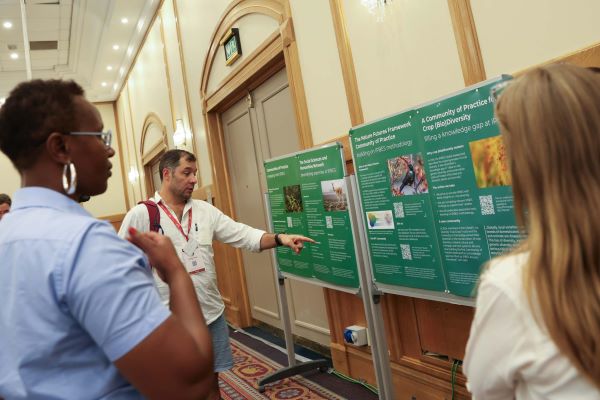
First and foremost, Communities of Practice are driven by stakeholders: they may be supported by governments (especially IPBES members), strategic partners, collaborative supporters, and others.
Within IPBES, the Task Force on Capacity-building facilitates, encourages and promotes relevant activities. To contact IPBES about Communities of Practice, please email the associated Technical Support Unit for Capacity–building.
ONet as a stakeholder network comes under a different IPBES objective: communicating and engaging. Nevertheless, it has also lent early and ongoing support to Communities of Practice. For example, it hosts the Social Science and Humanities Network's website. Most recently, members of the ONet facilitation team ensured that Communities of Practice featured at #IPBES11 Stakeholder Day and were on display throughout the 11th IPBES Plenary session. Communities of Practice are invited to join ONet as member organisations or as ONet initiatives, a new scheme for member activities.
The 2019 external review of IPBES (IPBES/7/INF/18) implied that the platform's capacity–building function might benefit from stakeholder engagement. The TSU for Capacity–Building at IPBES and ONet are answering that call, and both support Communities of Practice. A warm thank you to the TSU for this fruitful cooperation.
>> Download the IPBES 11 poster series on Communities of Practice (3.6 MB)
Top photo: Folgefonna National Park, Norway. Communities of Practice come under the objective ‘Building Capacity‘ in the IPBES 2030 Work Programme. Its Technical Support Unit is hosted by the Norwegian Environment Agency. (dachux21/Adobe Stock)
